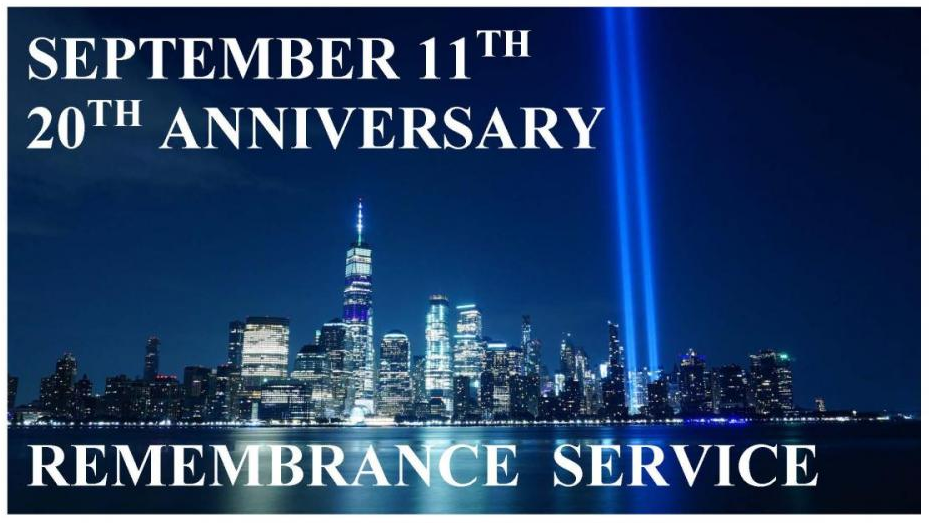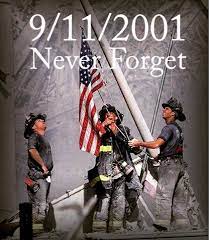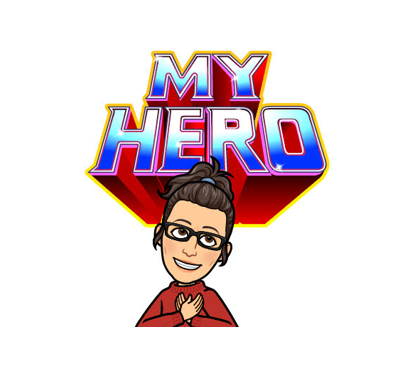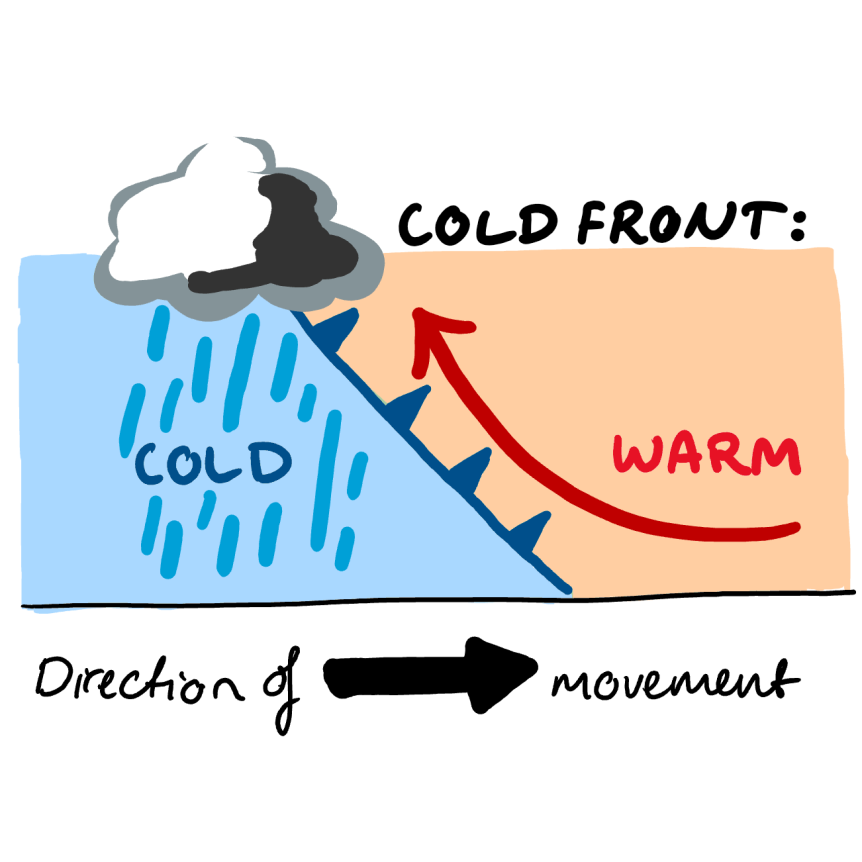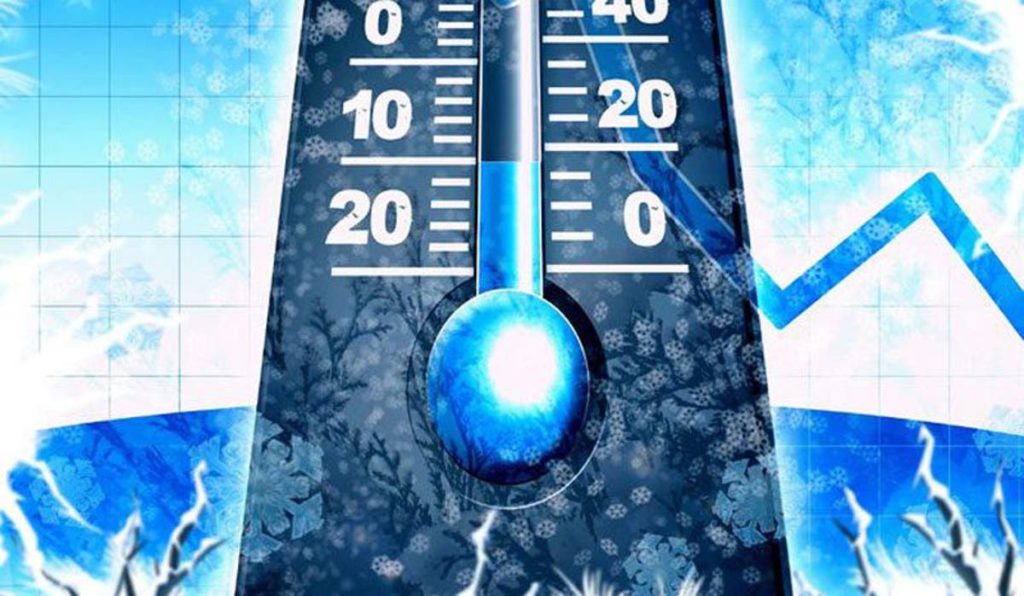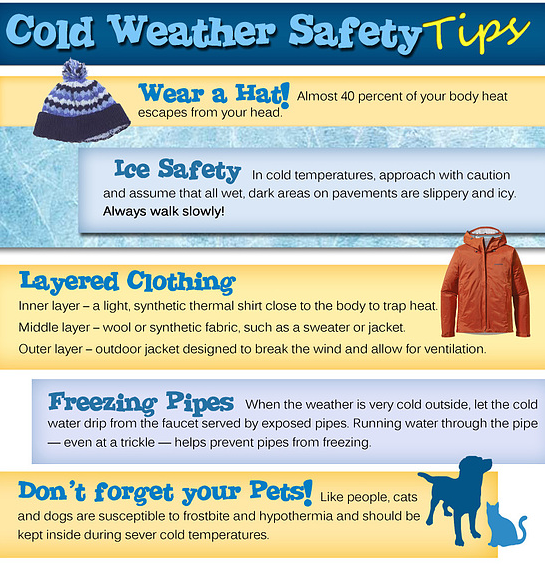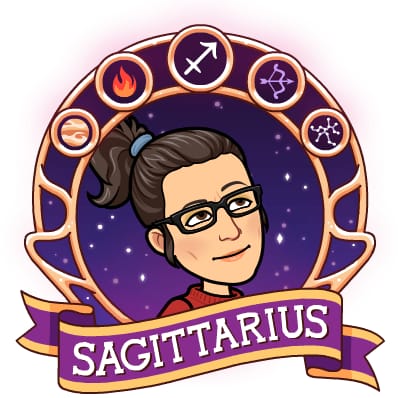
Astrology! Do you ever read your horoscope?
Which sign of the zodiac were you born under/in?
Astrology correlates the positions and movements of celestial bodies, such as planets and stars, at the time of a person’s birth with events on Earth, including human personality and natural phenomena.
It is based on the idea that the positions of these celestial objects at the time of a person’s birth can influence their character, behavior, and destiny.
Astrology typically involves dividing the sky into twelve sections or “houses,” each associated with a zodiac sign (Aries, Taurus, Gemini, etc.), and the positions of celestial bodies within these houses are thought to influence a person’s life.
So, do you know what your zodiac sign is?
or simply:
What is your sign? or
What is your zodiac sign / star sign / sun sign, or astrological sign?
Zodiac signs
ARIES (March 21 – April 19)
TAURUS (April 20 – May 21)
GEMINI (May 21 – June 21)
CANCER (June 22 – July 22)
LEO (July 23 – August 22)
VIRGO (August 23 – September 22)
LIBRA (September 23 – October 22)
SCORPIO (October 23 – November 21)
SAGITTARIUS (November 22 – December 21)
CAPRICORN (December 22 – January 19)
AQUARIUS (January 20 – February 18)
PISCES (February 19 – March 20)
Depending on the month you were born, you have an animal or some symbol that represents that month.
Are star signs important to you? Do you know the characteristics someone with your star sign should have?
Listen carefully and take note of the adjectives.
Advanced – Personality Traits
Here is a comprehensive list of words for personality traits. Reflect on them. Look them up in a dictionary and decide which is positive, negative or neutral.
- WORKAHOLIC
- RESPONSIBLE
- HUMANITARIAN
- SOCIAL
- LOVES RELAXATION
- GENEROUS
- IMPULSIVE
- IMPRESSIONABLE
- BRAVE
- FUNNY
- ENIGMATIC
- INVENTIVE
- CARING
- STOIC
- SENSITIVE
- LOGICAL
- BOLD
- PERSISTENT
- OVERLY EMOTIONAL
- EASY-GOING
- CREATIVE
- EASILY-BORED
- THEATRICAL
- HILARIOUS
- SECRETIVE
- OPTIMISTIC
- ORIGINAL
- RELENTLESS DETERMINATION
- GENEROUS
- HONEST
- CONFIDENT
- PROTECTIVE
- STUBBORN
- FAIR
- AMBITIOUS
- UNIQUE
- PROGRESSIVE
- SYSTEMATIC
- INDECISIVE
- PASSIONATE
- PERFECTIONIST
- PRACTICAL
- SPONTANEOUS
- CHEERFUL DISPOSITION
- LOYAL
- JEALOUS
- IDEALISTIC
- MOTIVATED
- VIVACIOUS
- INTELLIGENT
- LOVES LUXURY AND COMFORT
- STUBBORN
- OUTGOING
- MOODY
- EMPATHETIC
- DIPLOMATIC
- SELF-CENTERED
- BIG HEARTED
- MYSTERIOUS
- HARD-WORKING
- DISCIPLINED
- UNPREDICTABLE
Now watch the video and look at each zodiac sign and the characteristics that belong to which one of them. Hehe.
TIME FOR PRACTICE: SPEAKING!
| 1 Do you think the information about your own star sign is accurate? Why / Why not? |
| 2 Which star sign do you think would be the best / worst match for you? Why? |
| 3 Do you know the difference between astrology and astronomy? |
| 4 Would you go to see an astrologist? |
| 5 Would you like to know your future? Would that be what you want to know? |
| 6 What would it take to convince you that astrology works? |
TIME FOR PRACTICE: GRAMMAR, READING AND WRITING!
For a Beginners practice but good as a review for prices and dates, click:




